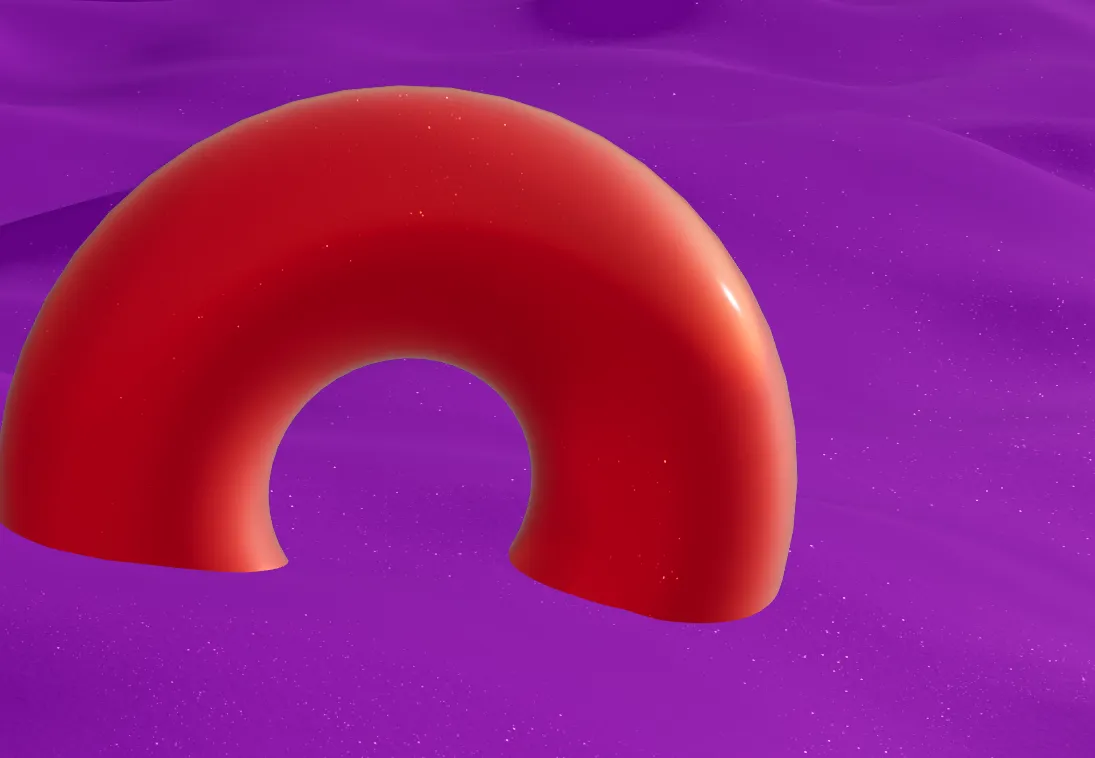MeshGlintMaterial

Far from production ready - you probably need to fix it before using in a real project
Implementation
This is a very early version and some simplifications were made to implement it. Contributions and comments are welcome,
especially when it comes to lighting and blending the effect inside the THREE.MeshPhysicalMaterial.
ParallaxMaterial extends THREE.MeshPhysicalMaterial. This means that it inherits the same constructor, properties, and methods, while also introducing additional features described below. The material can have significant impact on performance, but I’m looking into simplifying the glints and releasing a performance version.
Three.js implementation of Procedural Physically based BRDF for Real-Time Rendering of Glints.
Dictionary
The material is currently provided with 1 base dictionary for glints and can have a significant effect on performance. https://github.com/ASTex-ICube/real_time_glint_dictgenerator
Constructor
Instead of one set of parameters, you provide two - one for THREE.MeshPhysicalMaterial and one for MeshParallaxMaterial
new MeshParallaxMaterial(
MeshPhysicalMaterialParameters,
MeshGlintMaterialProps
);Parameters
lightIntensity
type: THREE.Vector3
intensity of the light
lightPosition
type: THREE.Vector3
position of the light
logMicrofacetDensity
type: number
5 - 25
alpha
type: number
alphaX
type: number
X direction roughness 0 -1
alphaY
type: number
Y direction roughness 0 -1
microfacetRelativeArea
type: number
Coverage of the surface with glints 0 -1
maxAnisotropy
type: number
1-16
dictionaryTexture
type: DataArrayTexture
1-16
n
type: number
nLevels
type: number
pyramid0Size
type: number